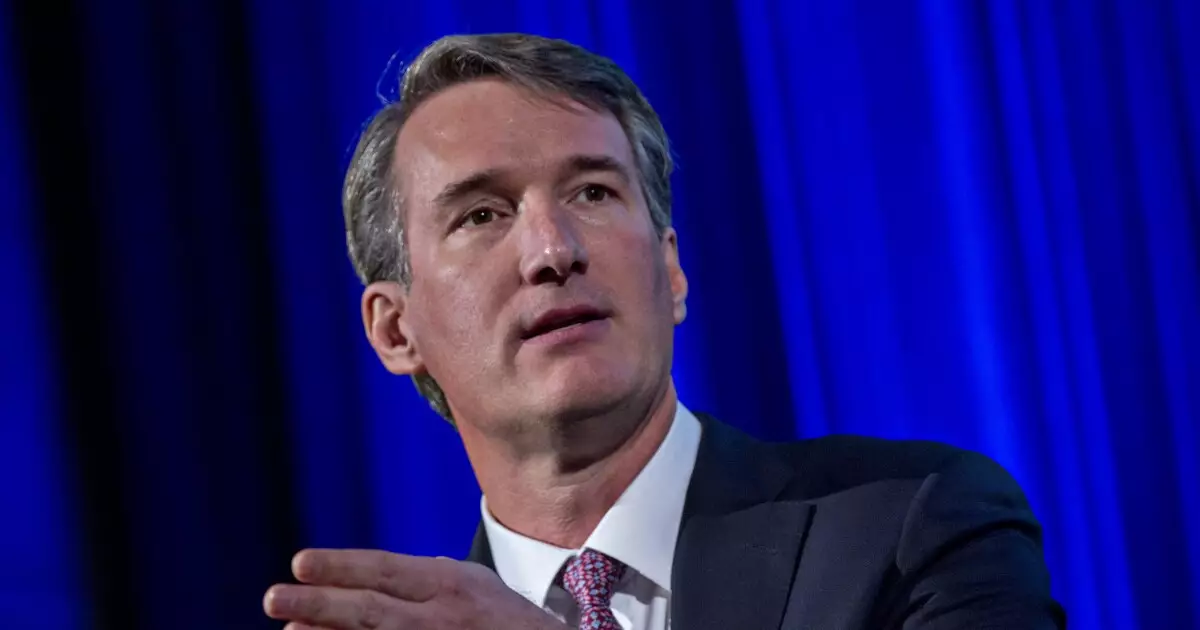After much deliberation and negotiation, Virginia’s two-year, $188 billion budget has finally been officially approved. This resolution was made possible with the help of compromise and a stronger than expected tax collection season. Governor Glenn Youngkin emphasized the role of the labor market and business investments in driving record revenues for the Commonwealth. The approval of the budget required a special session in the General Assembly, with the House of Delegates voting 94-6 and the Senate voting 39-1 in favor. All the “no” votes came from Republicans, showcasing a divide in the approval process.
The budget approval process was not without its challenges, particularly surrounding sales tax increases and income tax cuts. However, through a combination of strategies, including converting cash to bonds and political compromise, the budget was successfully passed. The year-end revenue projections suggest that there may be a surplus of $1.2 billion, which would significantly impact future financial decisions. Lawmakers decided to allocate $545 million of the revenues towards filling the shortfall, aiming to avoid any potential tax hikes until 2030.
The decision to close a $714 million funding gap by diverting from a digital sales tax on music and software downloads signifies the government’s commitment to alternative revenue generation. While the proposed sales tax increase offset by a cut in personal income taxes did not materialize, the budget includes a 3% pay raise for teachers and state employees, along with $2.5 billion in education funding. Additionally, funds have been allocated to explore the development of an inland port facility in southwestern Virginia and widen interstate 81.
The healthy tax collection season in Virginia was noted by S&P Global Ratings in a recent report, highlighting the state’s fiscal strength. General fund revenue collections have shown a 6.2% increase compared to the previous year, with individual income tax up by 6.6%. The agency attributed this growth to higher withholdings and lower-than-expected refunds, indicating a positive financial trajectory for the state.
Despite the successful budget approval, political challenges persist, particularly regarding Governor Youngkin’s stance on the Regional Greenhouse Gas Initiative (RGGI). The decision to keep the commonwealth out of this environmental initiative has drawn criticism from Democrats, highlighting ongoing disagreements within the political landscape. The relationship between the Governor and the legislature faced strain due to disagreements over a public-private partnership involving major league sports teams, which ultimately fell through due to local opposition and lack of support from the state Senate.
The resolution of Virginia’s budget approval saga signifies a step towards financial stability and responsible governance. While challenges and disagreements remain prevalent in the political landscape, the successful passage of the budget demonstrates the importance of compromise and fiscal responsibility in navigating complex financial decisions. Moving forward, Virginia must continue to address political differences and work towards a shared vision of economic growth and prosperity for all its residents.

